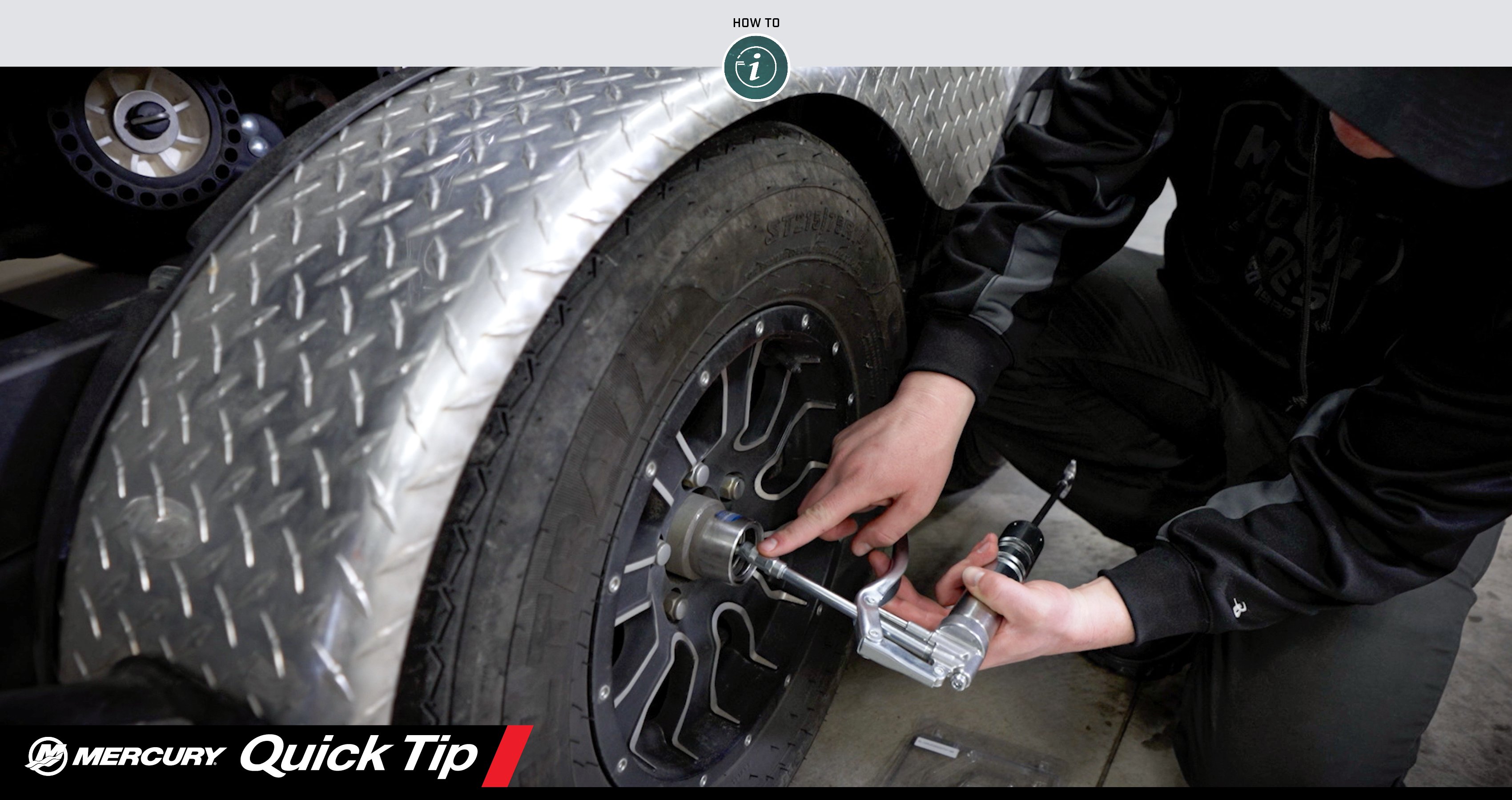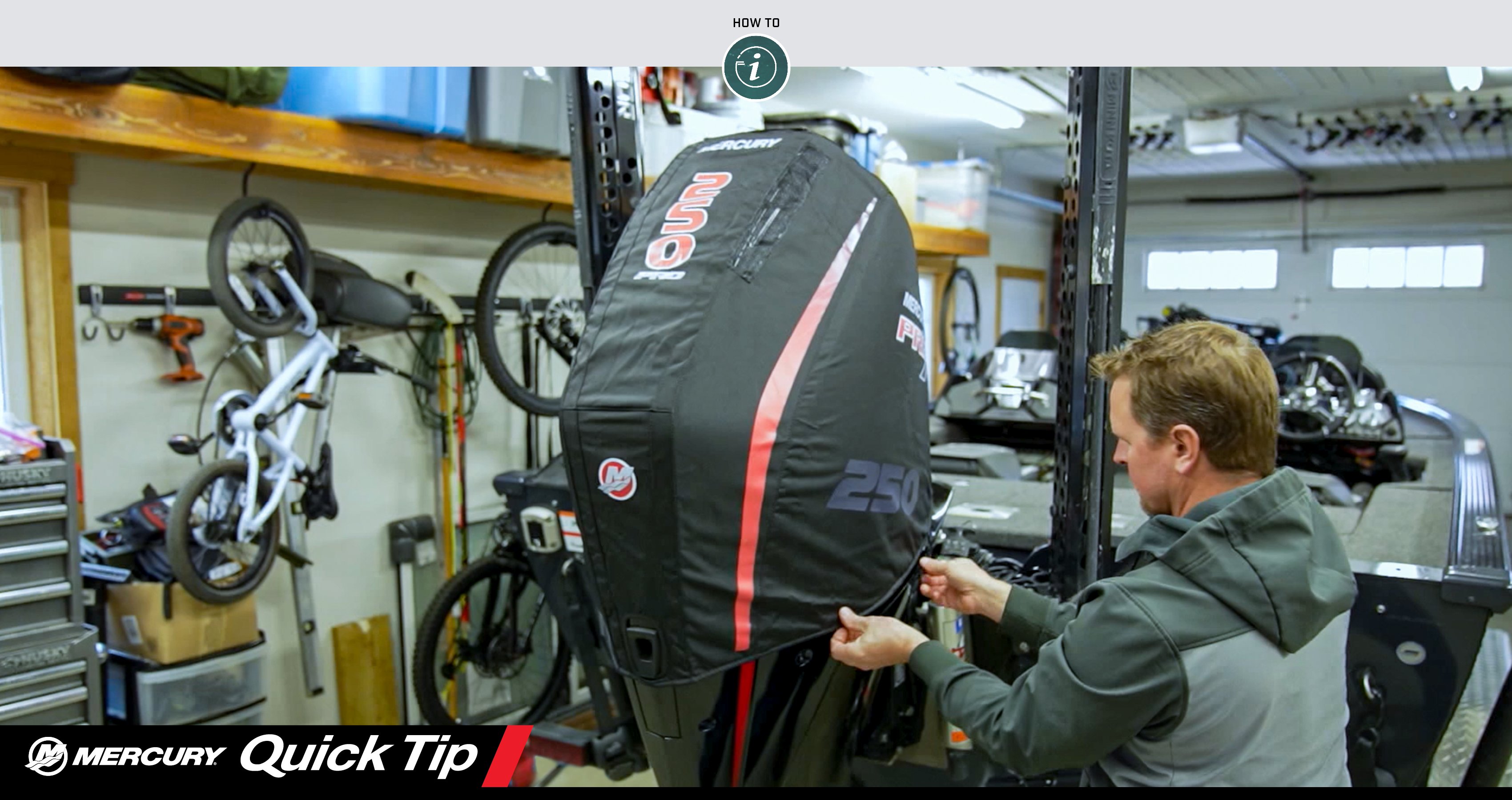Many boaters are hesitant to do more to care for a life jacket or personal flotation device (PFD) than occasionally spraying it down with water. This streamlined approach is often due to a fear of damaging the life jacket. But the truth is that proper cleaning actually helps maintain the integrity of a life jacket and can extend its life.
Cleaning and sanitizing life jackets serves several purposes. Doing so helps to get rid of mold, mildew, sunscreen and other contaminants that may break down the life jacket’s materials over time. Second, it encourages you to inspect each life jacket for rips, tears and other signs of wear that would indicate it needs replacement. Finally, a clean, attractive, odor-free life jacket is simply more likely to be worn.
However, there are many wrong ways to clean a life jacket, and some of them can render it useless. Below are some simple rules and tips that will help you keep your life jackets looking and smelling great, without diminishing their efficacy or lifespan. Please keep in mind that these steps only apply to non-inflatable life jackets. For information on how to clean inflatable life jackets, please check with the manufacturer. Often, you can find this information in the FAQ section of the manufacturer’s website.
Life Jacket After-Wear Care
- Always air-dry your life jacket after use by leaving it in a well-ventilated space, out of direct sunlight.
- If you must hang it inside to dry, use a rotating fan to speed the process and help prevent mildew from developing.
- If used in saltwater, rinse the jacket with clean freshwater after each use.
- Your life jacket should be cleaned right away if stains like mud, food or sunscreen are visible.
- Clean your life jacket on a monthly basis and at the end of the season, because with every wearing, oils from skin and sun care products are deposited onto the fabric.
Life Jacket Cleaning Process:
- Lay a tarp on the ground, then fill a bucket with cool water and approximately two tablespoons of liquid laundry detergent.
- Place the life jacket, with all straps and hardware unfastened, on the tarp and scrub all surfaces of the jacket using the detergent solution and a soft brush. For tough stains like red mud or food, apply a dab of the detergent (not bleach) directly onto the stain. Work it in with the brush and allow the jacket to sit for at least 15 minutes before rinsing.
- If the jacket has mold or mildew, brush away any visible spores before wetting the fabric. Scrub as suggested but add 1/4 cup of oxygen-based bleach to the cleaning solution. This will help remove dark stains.
- Rinse well using plenty of clean water, smoothing the fabric to ensure you rinse all the crevices.
- Hang the jacket to drip-dry, preferably out of direct sunlight.
- After the life jacket is dry to the touch, check for any puckering or shrinkage. Be sure no water is caught in the interior foam and that there is no mildew odor.
- Store life jackets in a dry, cool, dark place, making sure that they are completely dry before stowing in a small space on a boat or in a plastic bin.
- When in doubt, consult the life jacket’s owner’s manual or manufacturer’s website.
Things Not to Do:
- Machine wash, dry clean or use strong detergents.
- Dry your life jacket by putting it close to a direct heat source or putting it in a clothes dryer.
- Place a life jacket in a standard clothes washer. The agitation and heat will break down the foam and could render the jacket useless.
- Use chlorine bleach directly on a jacket as it can break down fabrics and interior foam.
- Attempt to clean a life jacket with industrial cleaning agents or something like gasoline, paint thinner or acetone. They can dissolve the foam that makes the device functional and weaken the exterior fabric.
- Bend life jackets or place heavy objects on top of them as this can cause crushing and damage performance.
Performing these basic cleaning steps and taking care of your life jacket will help your life jacket take care of you.
Editor's Note: This blog was originally published in June 2020 and has been completely revamped and updated for accuracy and comprehensiveness.




